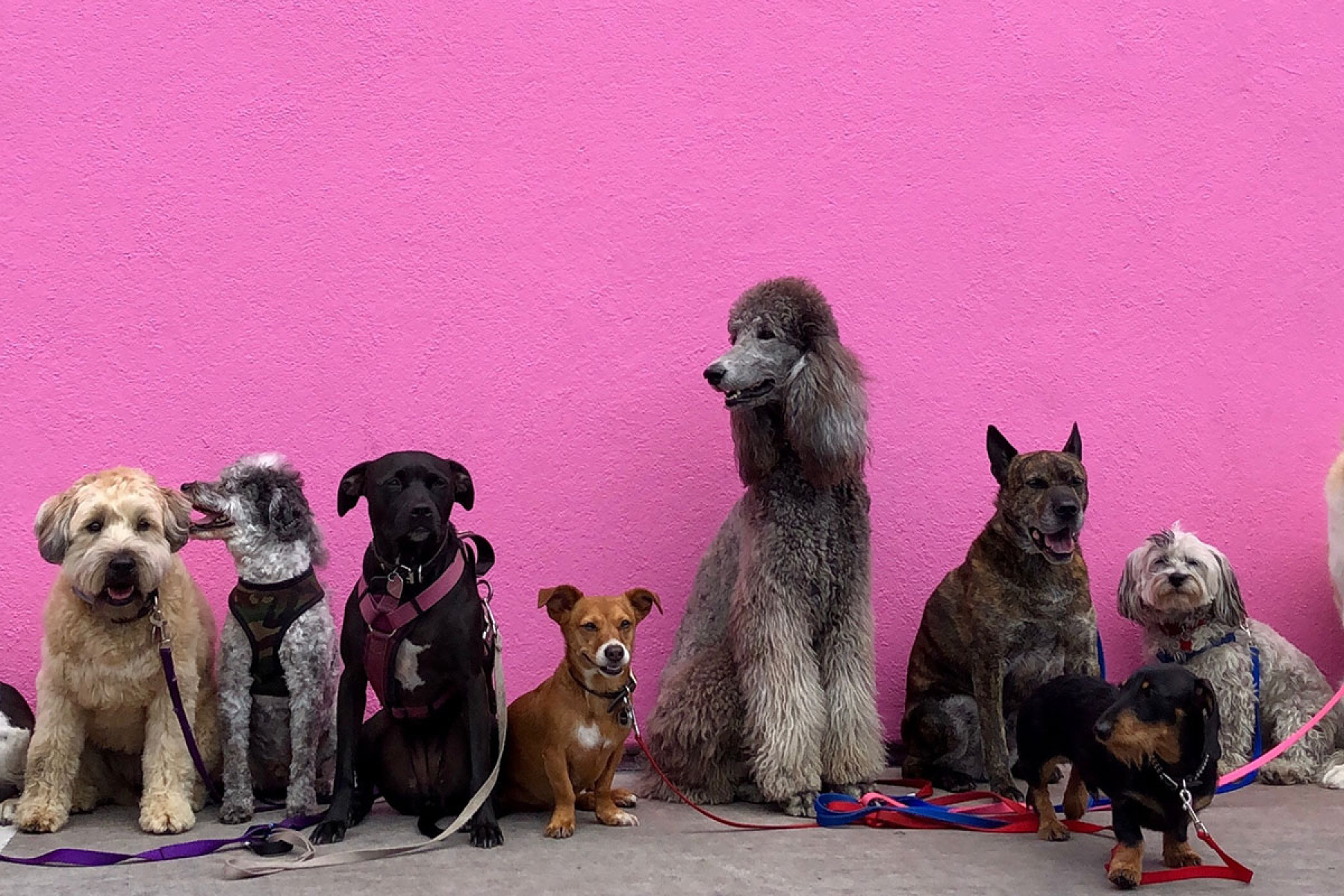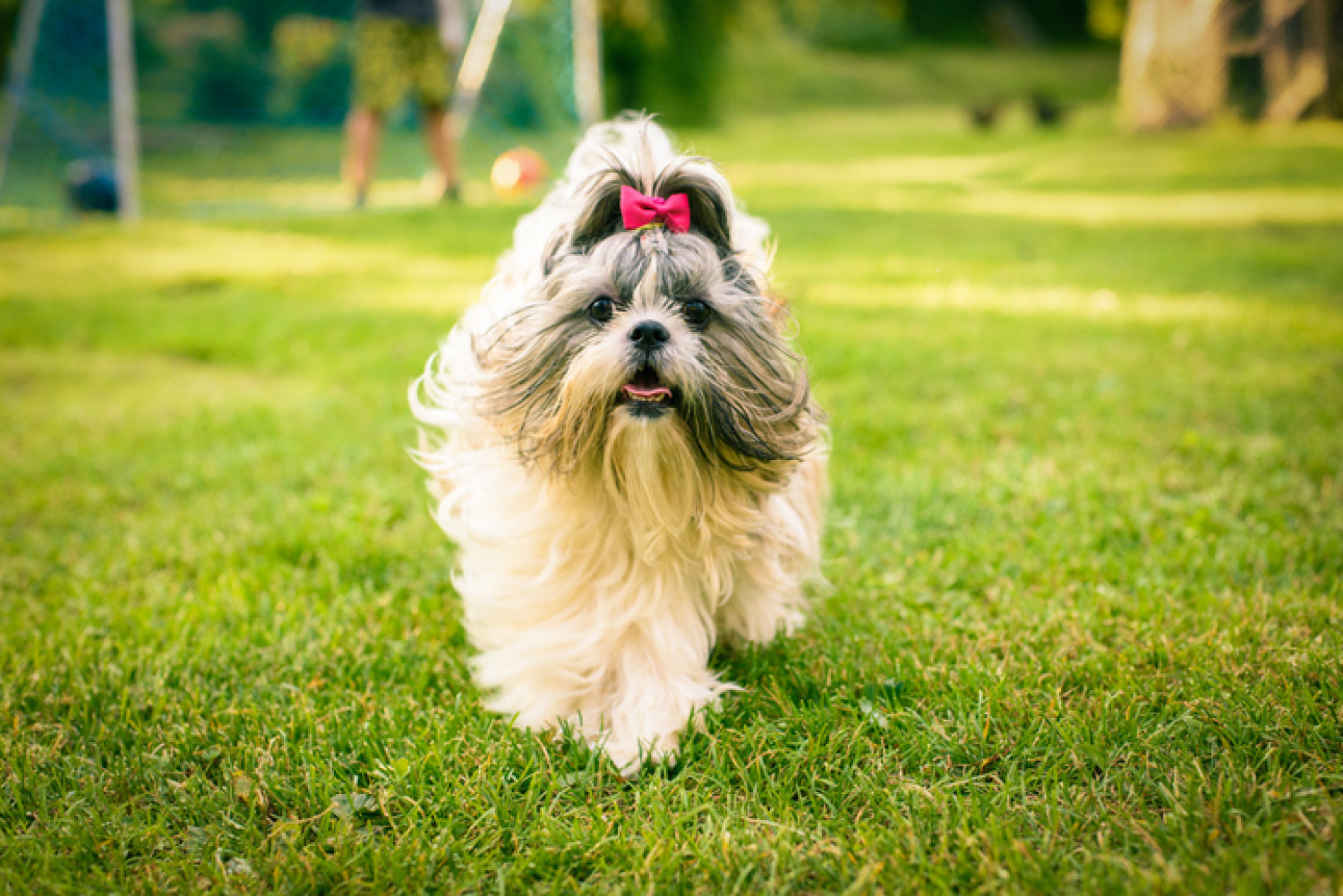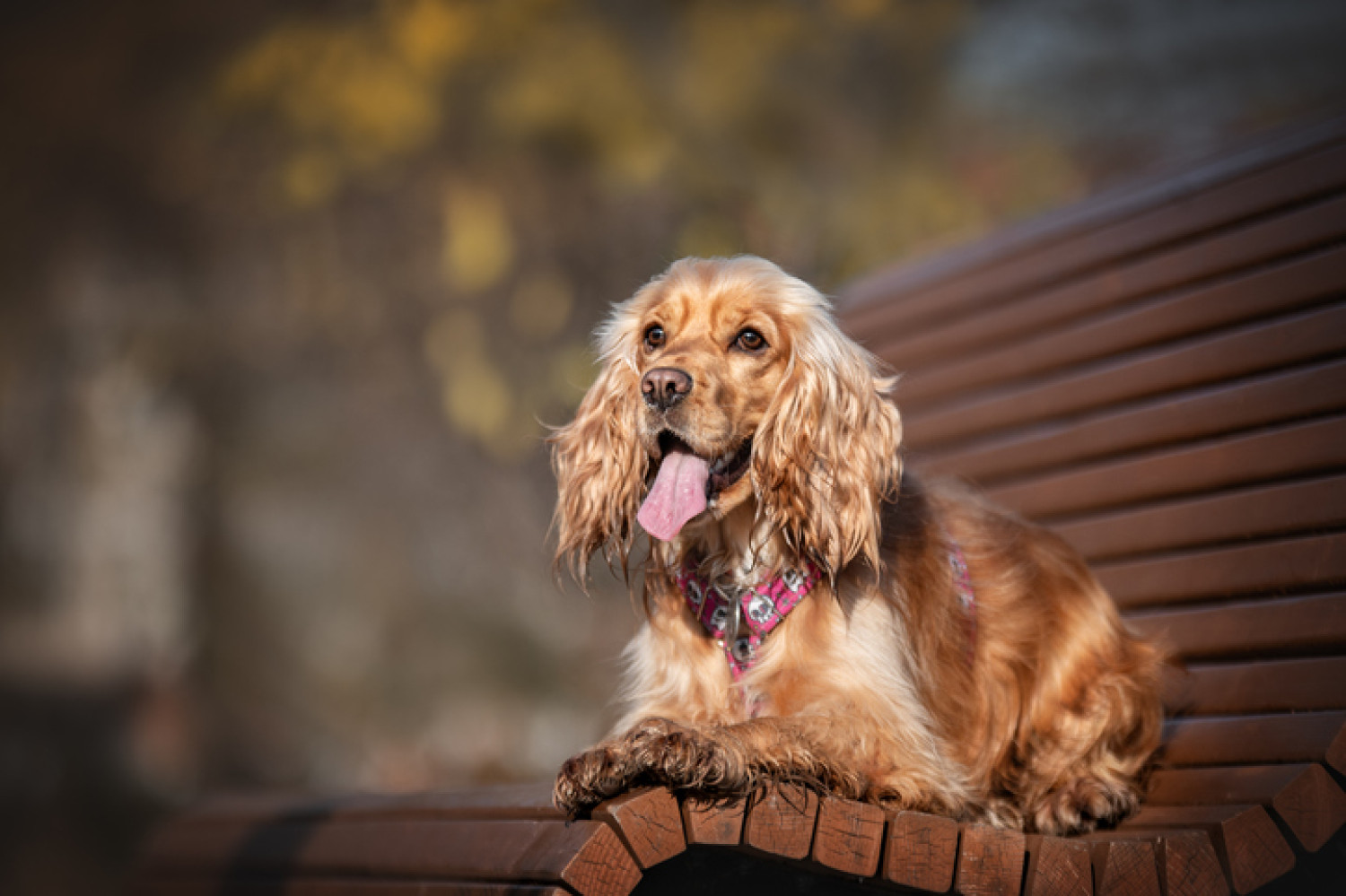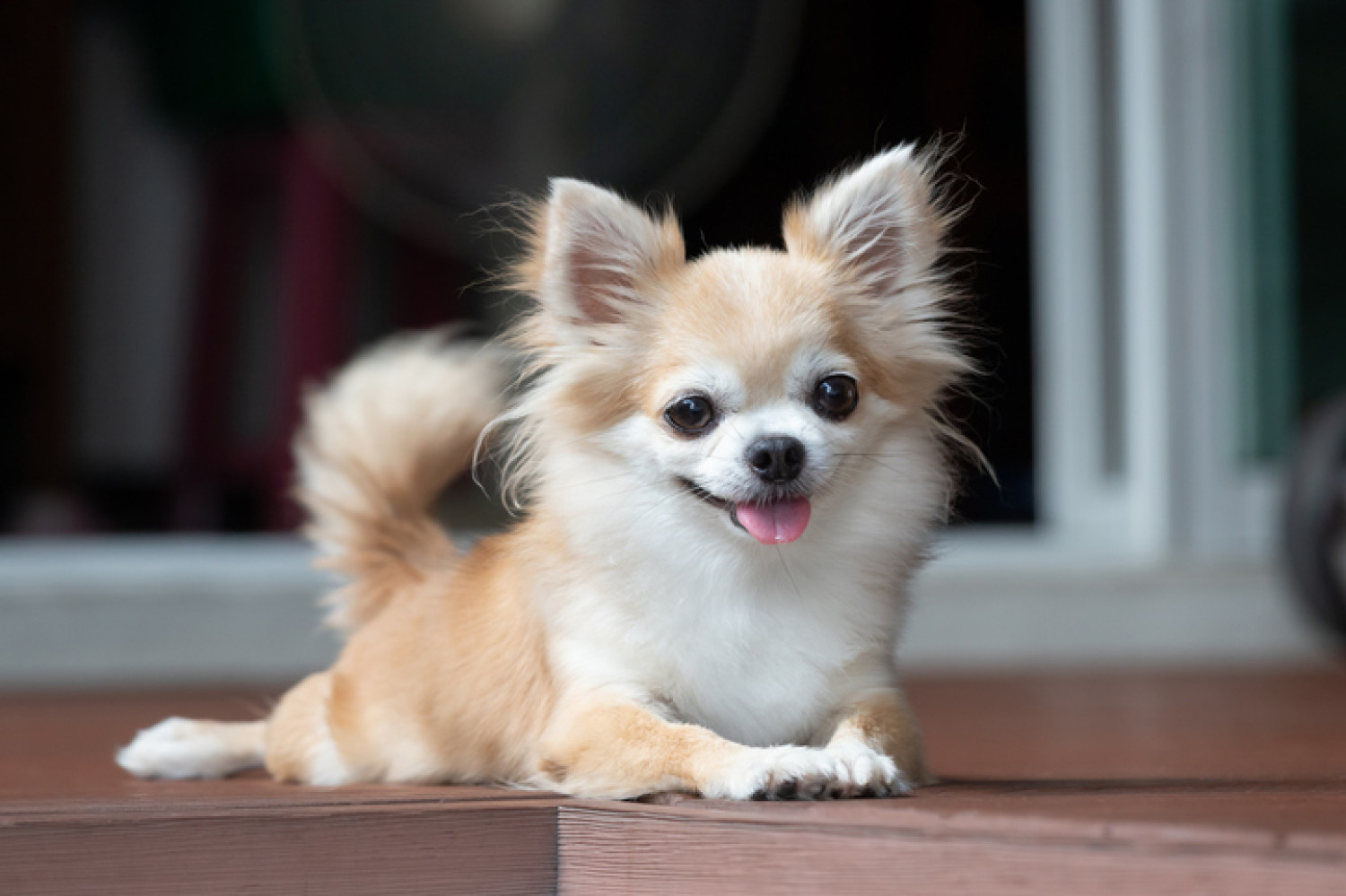5 best dog breeds for a person living with dementia
12 April, 2024
For those living with dementia at home, a furry friend can help assist with health and memory. Focus Care looks at the top 5 dog breeds.

It's no secret these days that pet ownership has big benefits for mental, physical, and emotional health and that's especially the case for seniors living with memory loss associated with dementia.
In fact, pet ownership has been known to provide dementia support by helping with memory, particularly for those who have owned pets previously. What's more, pets can help with loneliness, anxiety, stress and depression. They can boost self-esteem and create a more positive environment at home for those living with Alzheimer's disease.
When it comes to the type of pet that's best for a loved one with dementia or Alzheimer's disease, there are many options, depending on personal preference. While cats, hamsters and guinea pigs can all play a role here, dogs are one of the most popular animals used in the context of dementia support. A whole range of dog breeds including golden retrievers, labradoodles and greyhounds can be excellent therapy dogs. However, here are five dog breeds particularly suited to people with dementia.
Shih Tzu
Shih Tzus were originally bred for companionship and were popular in ancient China as companion dogs. These days, Shih Tzus are bred to be lap dogs and like the indoor life. They are also small, which is ideal for apartment living, tend to be healthy with long life expectancy, and like staying close to their owner. They have a long, luxurious coat that does require grooming, which is something to take into consideration.

Schnauzer
Schnauzers, especially the miniature variety, are another good choice. Originating from Germany, they are generally friendly and unfazed whether at home or out in public and are easy in the company of other people and animals. They also enjoy physical contact and are happy to be held for extended periods. Their coat does grow long if left, so occasional grooming is needed, but maintenance compared to many other breeds is less intensive.

Pug
Pugs, originally bought from China to Europe in the sixteenth century, are another great option for dementia support. They are a happy and small breed that can live either in a house or apartment and love social contact. They are lively and can be mischievous at times - something to consider when it comes to dementia support - but they are very comfortable with physical contact, which is a big plus. In terms of grooming, they shed hair.

Cocker Spaniel
Cocker Spaniels are a slightly larger breed, so may not be the right fit for all circumstances. However, they continue to be popular as a support dog due to their happy nature and soft fur. They have an even temperament and are very affectionate, which are also advantages in a dementia support setting. In terms of varieties, there are American Cocker Spaniels and English Cocker Spaniels, with both sporting a long lush coat. One word of caution is that they can develop health problems including ear infections, and eye diseases.

Chihuahua
Known for their diminutive stature, Chihuahuas are great for smaller homes or apartments. They are well suited to being around people and have a big personality, especially compared to their small size. They are also loyal and protective and enjoy interacting with people. However, a potential downside in a dementia support context is that they can be very active and tend to have a lot of energy, although they tend to get enough exercise playing indoors.

Animal Assisted Therapy at Focus Care
If owning a pet isn't an option available to you, then you may consider Pet Therapy - one of the many great services that Focus Care provides. This personally rich experience can be provided to you within your Home Care Package funds or NDIS budget. A furry member of our team of therapy dogs will come to your home accompanied by a pet therapy specialist and provide you with companionship and a whole lot of joy. Animal welfare is always a number one priority for us and our pet therapists are all accredited.
For further information on animal-assisted interventions at Focus Care, visit our dedicated Pet Therapy webpage.





